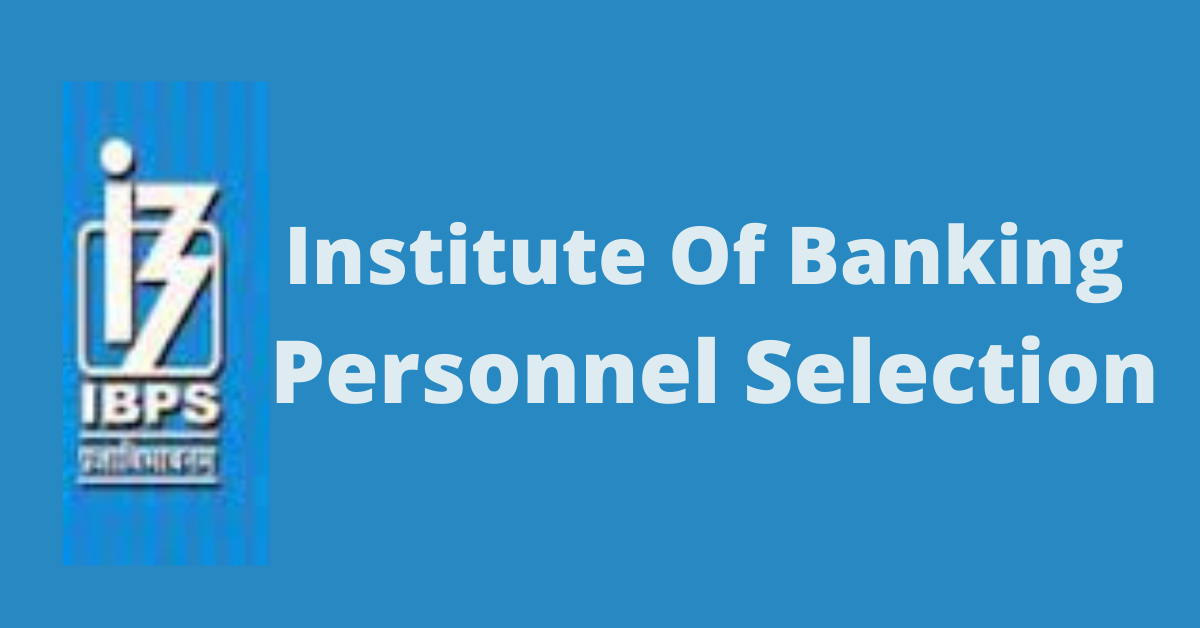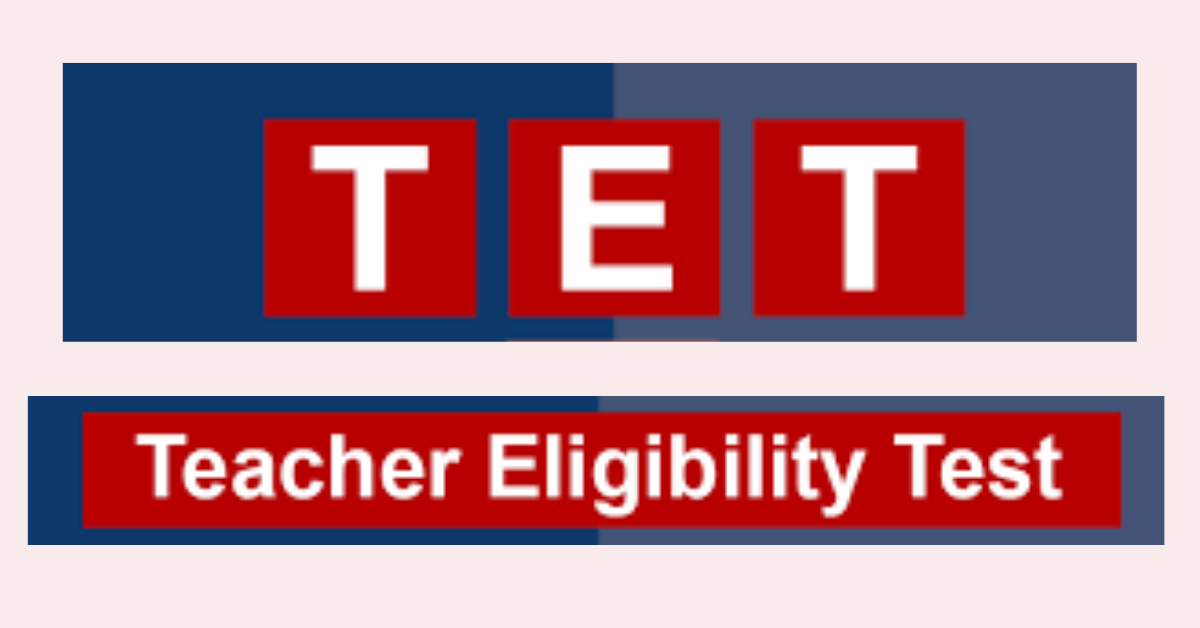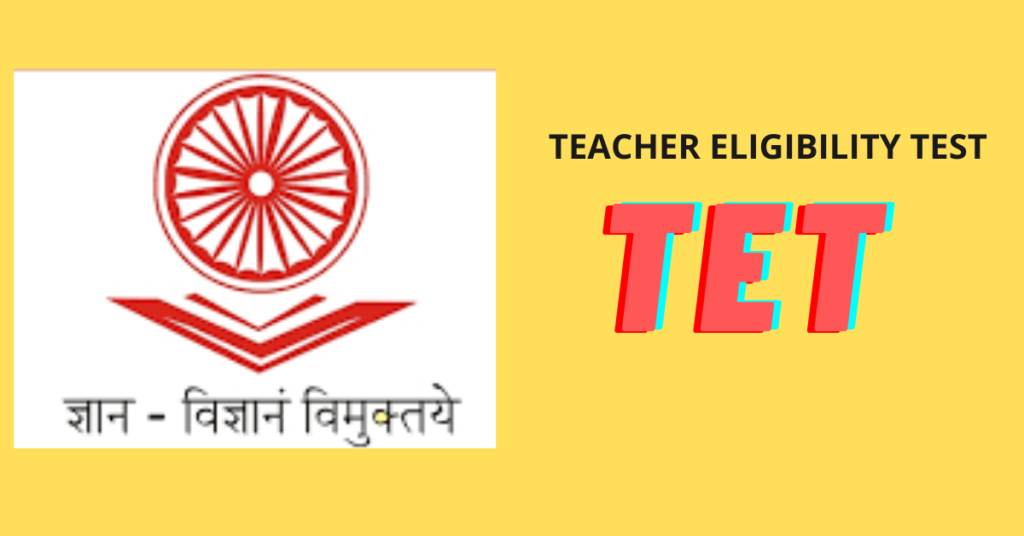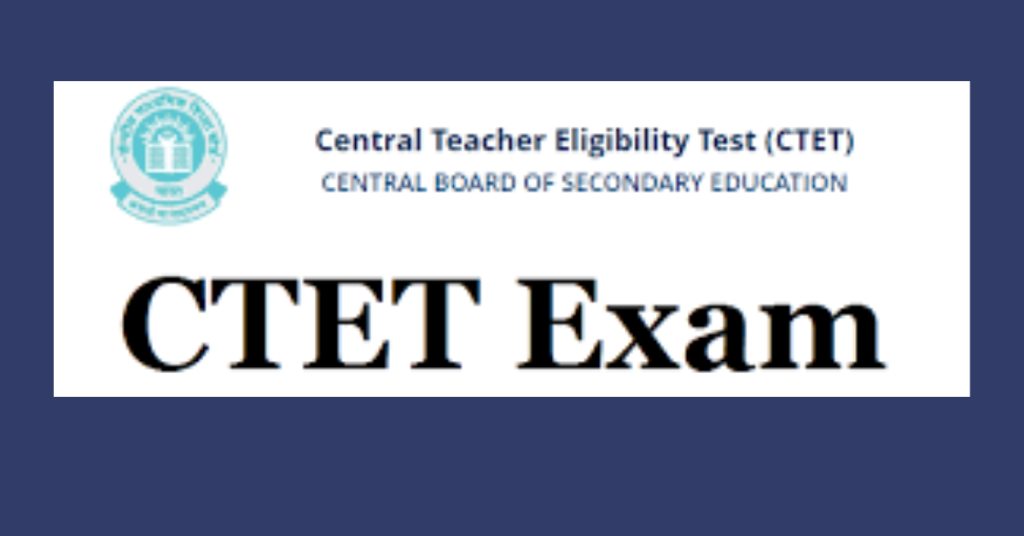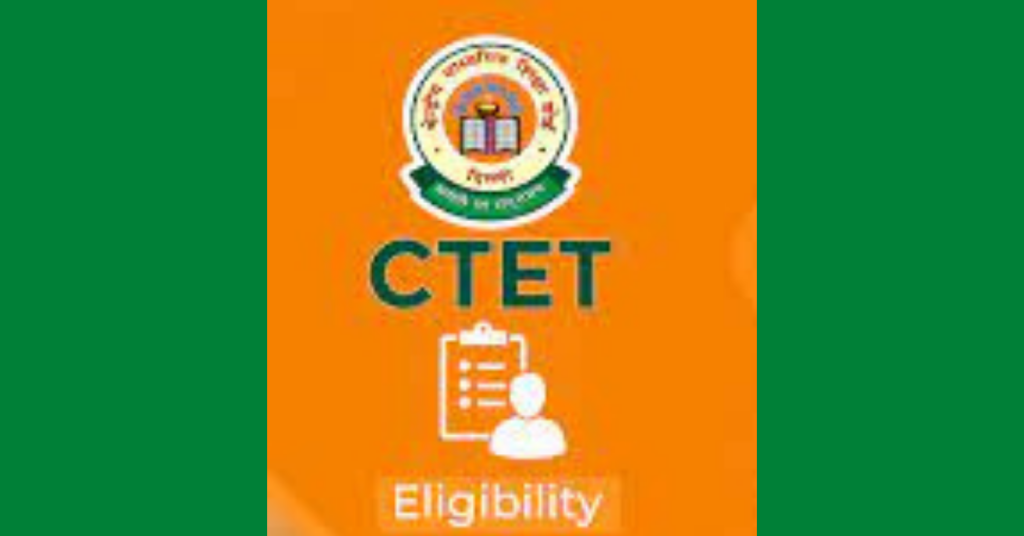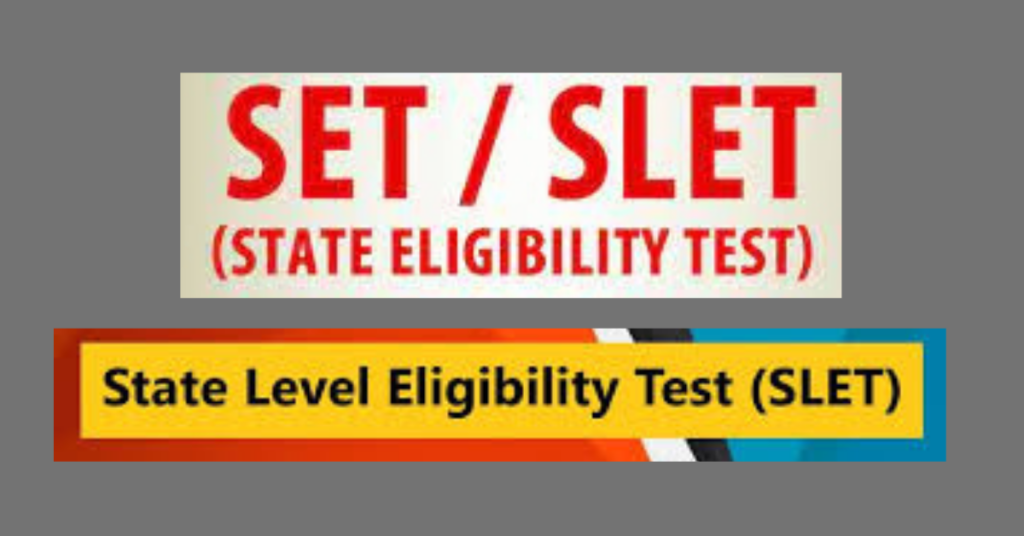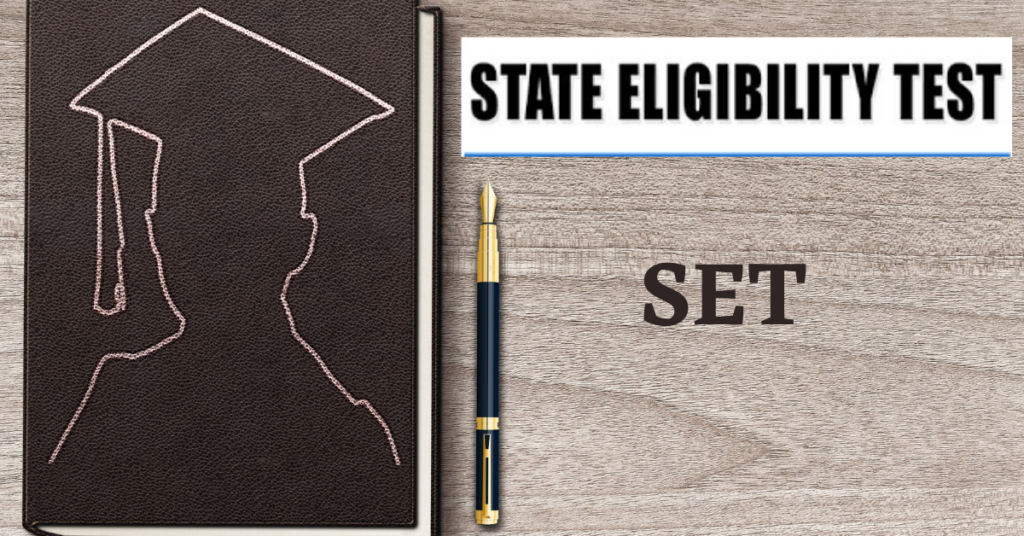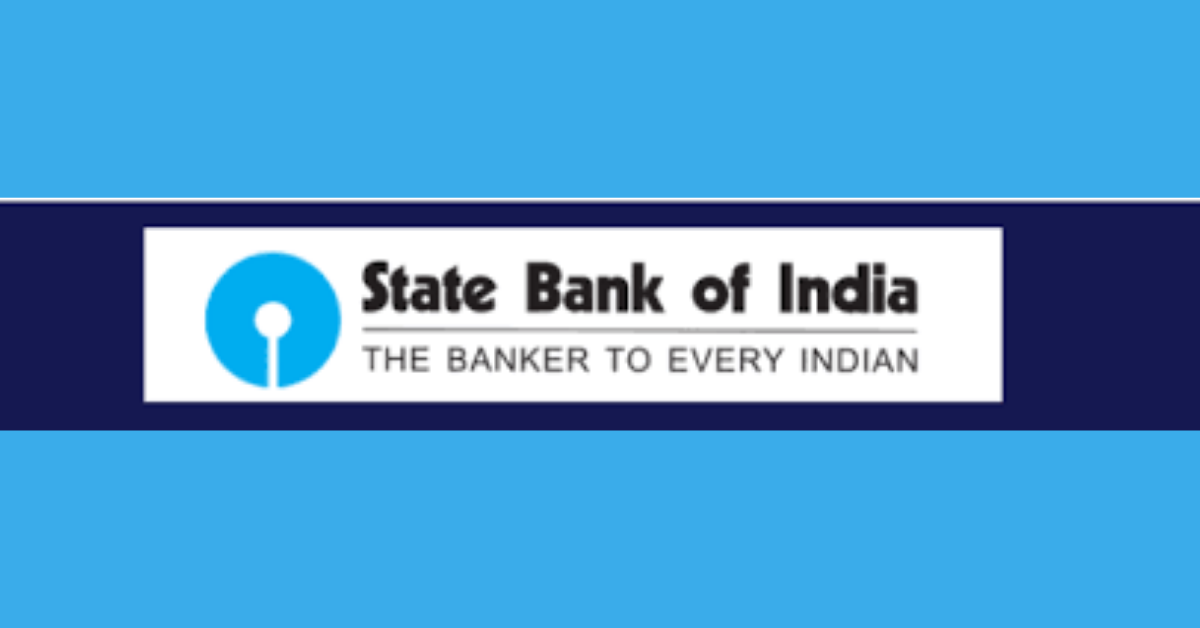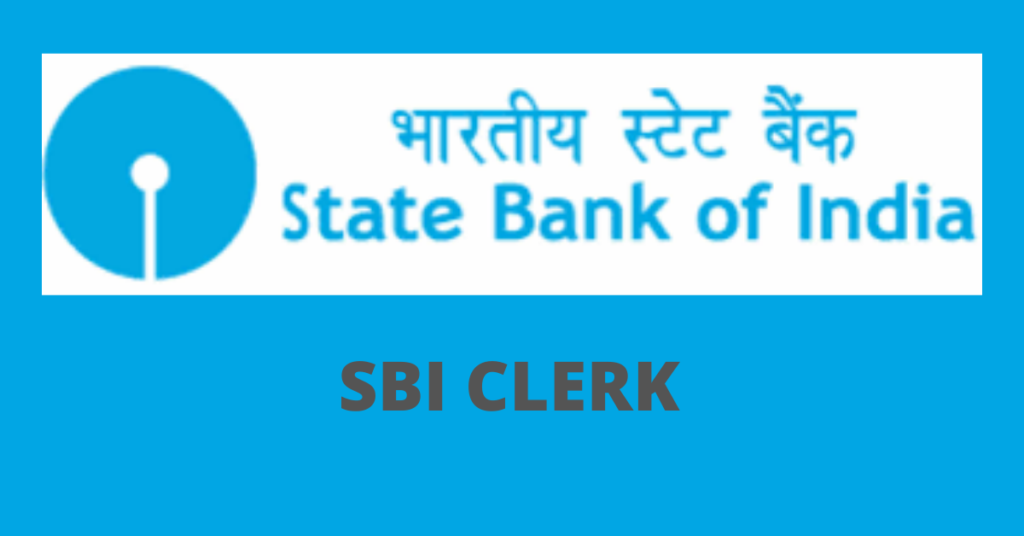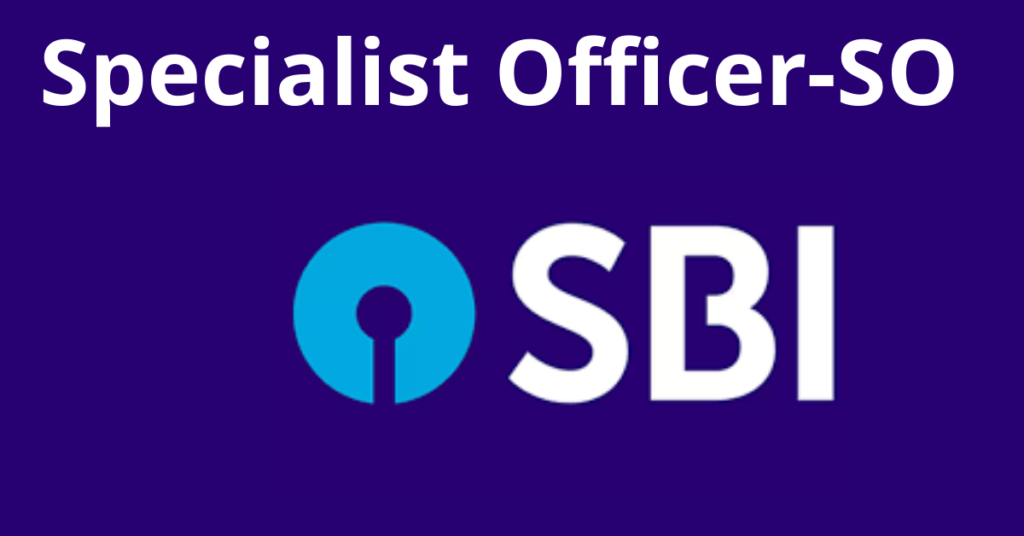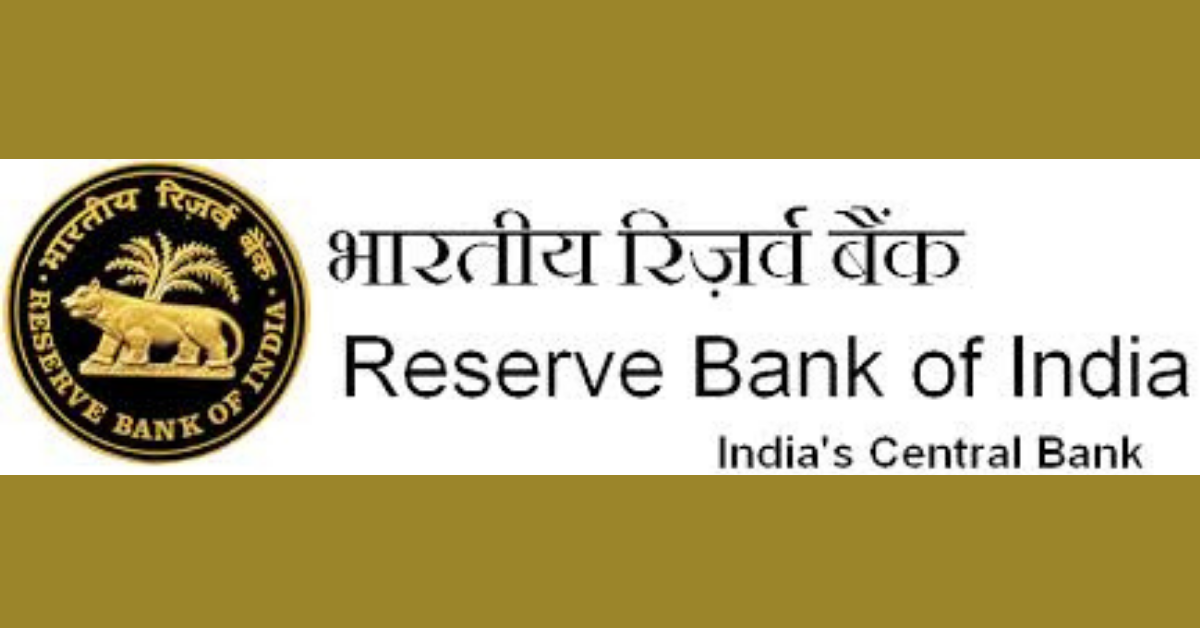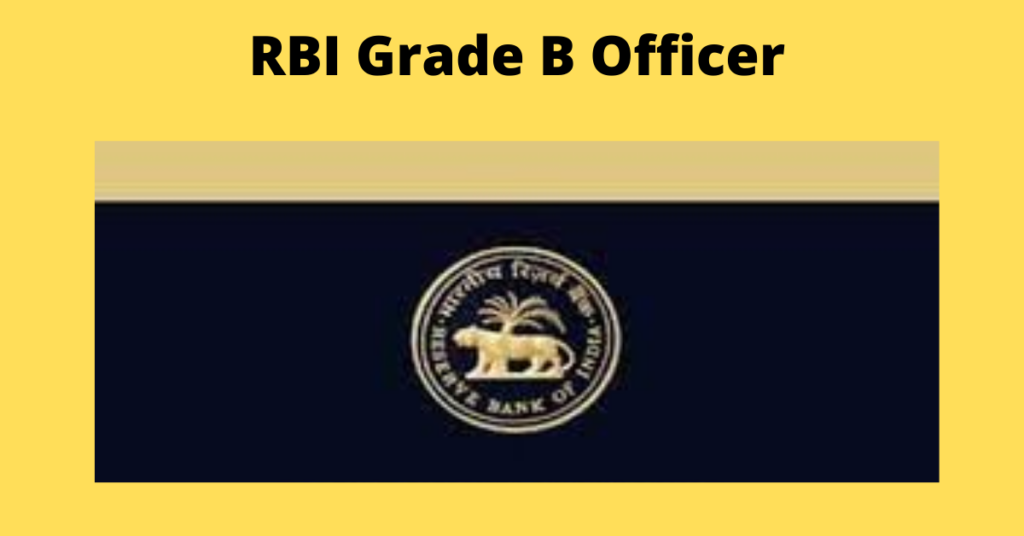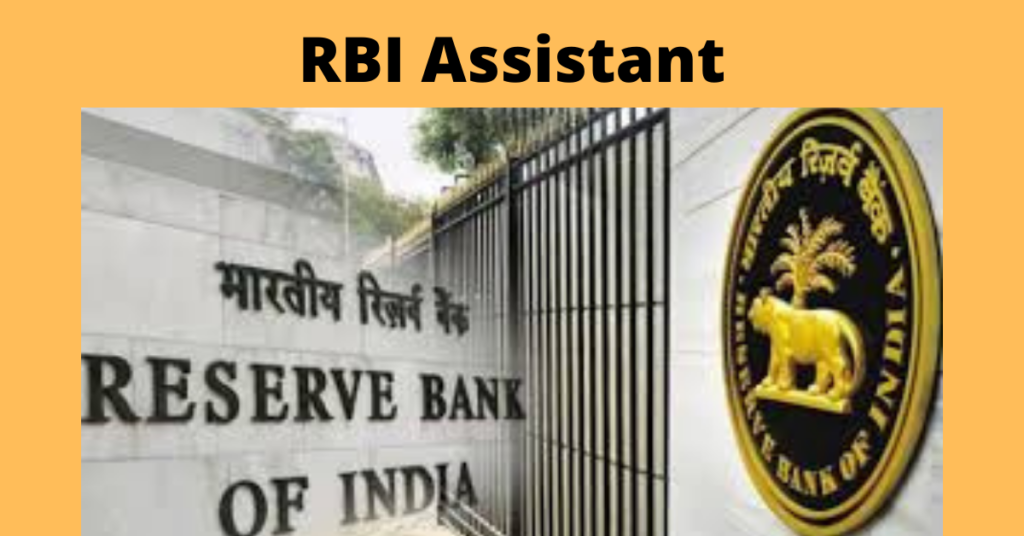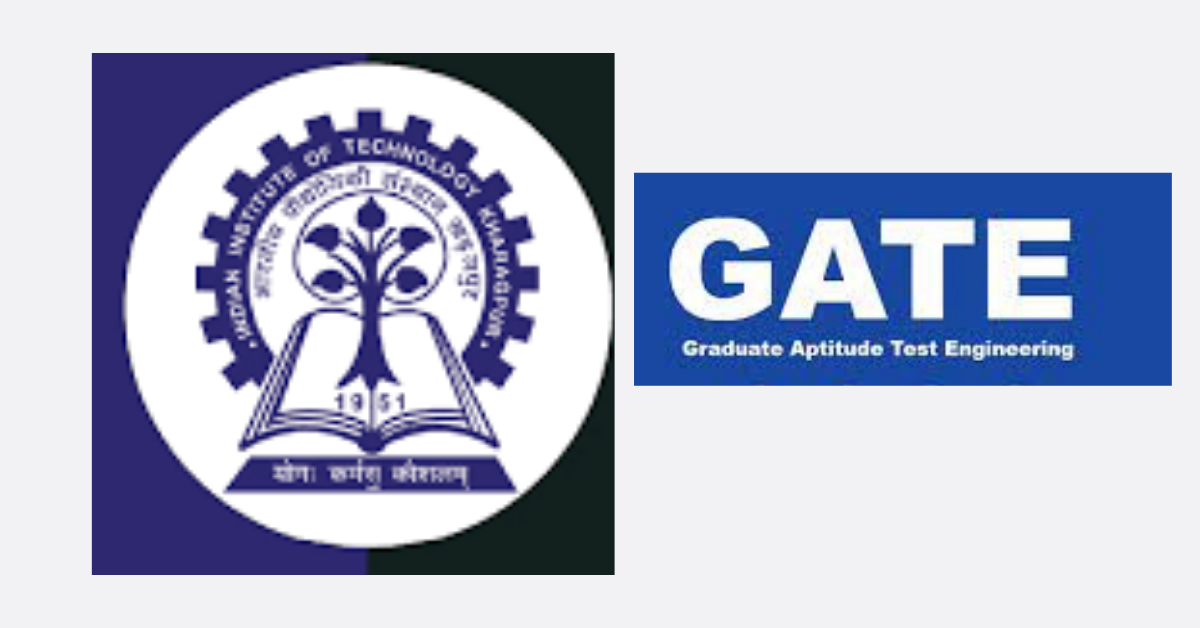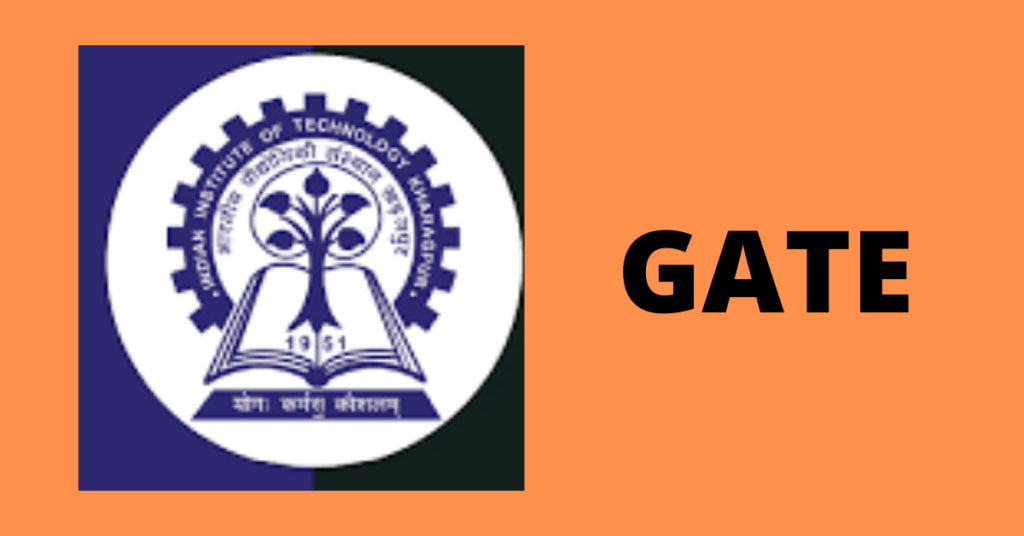IBPS Exam : Complete and Free Informational Guide
Institute of Banking Personnel Selection (IBPS) is a recruiting body started with an aim to recruit young graduates in different public sector banks of India except for the State Bank of India (SBI).
After the nationalization of banks in 1969, the banking network was expanding it needed more staff to look into the entire process efficiently. Thus, the National Institute of Bank Management (NIBM) framed a novel selection process to lease the best quality pool of proficient candidates. As a result of which Personnel Selection Service (PSS) was established, which later on was converted to IBPS in 1984.
IBPS conducts four different selection processes namely Common Recruitment Process (CRP PO/MT), Common Recruitment Process (CRP RRBs), Common Recruitment Process (CRP Clerical), and Common Recruitment Process (CRP Specialist Officer).
Following are the exams conducted by IBPS :
- IBPS PO/MT
- IBPS SO
- IBPS Clerk
- IBPS RRB Officer Scale -I
- IBPS RRB Officer Scale-II
- IBPS RRB Officer Scale -III
- IBPS RRB Office Assistant
IBPS Exam: Clerk
Institute of Banking Personnel Selection (IBPS) is a recruiting body started with an aim to recruit young graduates in different public sector banks of India except for the State Bank of India (SBI).
IBPS examinations are held in three phases like Online Preliminary, Online Mains, and Interview.
The shortlisted candidate in the Online Main exams will be called for Common Interview conducted by the participating organization and coordinated by Nodal Bank.
Highlights of IBPS Exam Clerk
IBPS is a common written exam (CWE) conducted by IBPS for filling the clerical vacancies in the Nationalized bank.
| Exam Name | IBPS Clerk |
| Organizing Body | Institute of Banking Personnel Selection(IBPS) |
| Frequency | Once a year |
| Exam Level | National |
| Participating Banks | 17 |
| Number of Vacancies | Approx. 12000 |
| Selection Process | Preliminary & Main exam |
| Question Type | Objective |
| Official Website | www.ibps.in |
IBPS releases the notification in the month of September for the recruitment of the clerk.
| Event | Tentative Month |
| IBPS Clerk Notification | September |
| IBPS Clerk Preliminary Exam | December |
| IBPS Clerk Main Exam | January |
| IBPS Clerk Allotment | April |
| Official Website | https://www.ibps.in/ |
Following are the Participating Organisation/ Banks for IBPS Clerk Exam:
- Allahabad Bank
- Andhra Bank
- Bank of Baroda
- Bank of India
- Bank of Maharashtra
- Canara Bank
- Central Bank of India
- Corporation Bank
- Dena Bank
- IDBI
- Indian Bank
- Indian Overseas Bank
- Oriental Bank of India
- Punjab National Bank
- Punjab & Sind Bank
- Syndicate Bank
- UCO Bank
- Union Bank of India
- United Bank of India
- Vijaya Bank
IBPS Clerk: Role
The clerical post is an entry-level job in the banking sector. They are responsible for the day-to-day activities of the banking and also addressing the queries and providing support to the customer. They have the opportunity to get promoted to Officer. They are usually promoted once in 2 years.
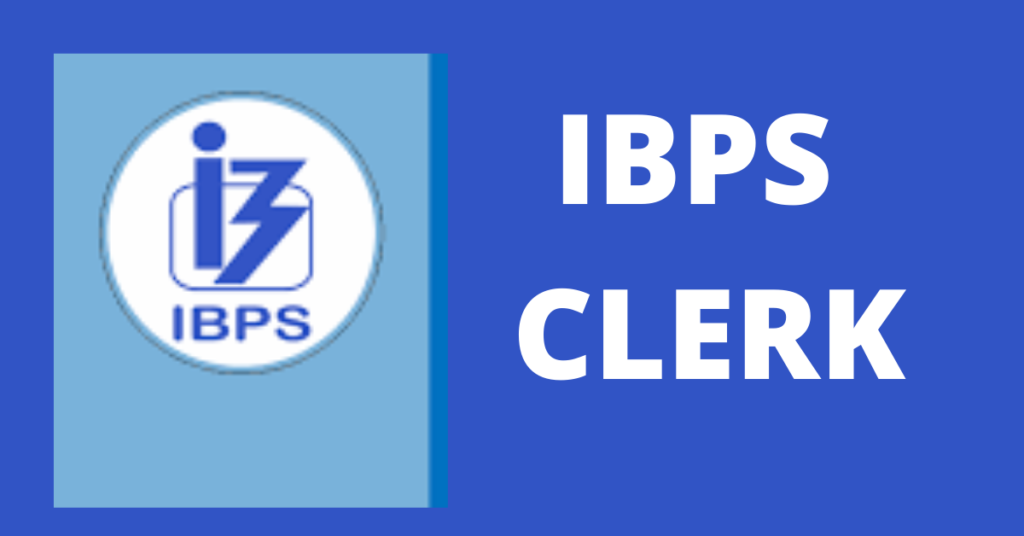
Eligibility Criteria: IBPS Exam Clerk
1. Nationality
- The candidate must fulfill any one of the following :
- Candidates must be a citizen of India
- Must be a citizen of Nepal or a subject of Bhutan.
- Candidates should be Tibetan refugees who came to India before January 1, 1962, for settling permanently in India.
- Candidates should be a person of Indian origin who has migrated from Burma, Pakistan, Ethiopia, Sri Lanka, Kenya, Myanmar, Uganda, Malawi, Tanzania, Vietnam, Zaire with the motive to settle permanently in India.
2. Educational Qualification
- Candidate must hold any Bachelor’s degree or its equivalent from any of the recognized universities.
- Candidates who have appeared for the qualifying exam and are awaiting results are also eligible.
- Candidates with professional and technical qualifications by recognized universities or their equivalent are also eligible to apply.
3. Age Limit
A candidate should be a minimum of 20 years and a maximum of 28 years to appear for the Civil Service Examination. The maximum age mentioned above is relaxable for the following candidates :
- Scheduled Caste/Scheduled Tribe (SC/ST): 5 years
- Other Backward Classes(OBC) : 3 Years
- Candidate applying under the category of Persons with Disability (PWD), Physically Handicapped(PH): 10 years
- Candidate from the state of Jammu & Kashmir: 5 years
- The person affected by the 1984 riots: 5 years
- A regular employee of Union Carbide Factory, Bhopal retrenched from service. (Applicable only for Madhya Pradesh state) : 5 years
4. Reservation of the person with a disability
Reserved categories under “The Rights of Persons with Disabilities Act, 2016” is mentioned below:
- Blind and Low Vision
- Deaf and hard of hearing
- Autism, intellectual disability, and mental illness.
- Locomotor disability includes cerebral palsy, leprosy, dwarfism, acid attack.
IBPS Exam Pattern: Clerk
IBPS examinations are held in two phases: Preliminary & Mains.
Phase 1: The IBPS Clerk Exam Pattern for Preliminary Exam
| Prelim Question section | Maximum Marks | Duration | Negative Mark |
| English | 30 | 20 min | Yes |
| Numeric Ability | 35 | 20 min | Yes |
| Reasoning Ability | 35 | 20 min | Yes |
Phase 2: The IBPS Clerk Exam Pattern for Main Exam
The shortlisted candidate from the preliminary exam are called for IBPS Main exams
| Main Exam Question section | Maximum Marks | Duration | Negative Mark |
| General/Financial Awareness | 50 | 35 min | Yes |
| General English | 40 | 35 min | Yes |
| Reasoning Ability & Computer Aptitude | 60 | 45 min | Yes |
| Quantitative Aptitude | 50 | 45 min | Yes |
Note: The question paper is set in both English and Hindi.
IBPS EXAM Specialist Officer
Institute of Banking Personnel Selection( IBPS) Specialist Officers( SO) are recruited for different posts in various departments like IT Officer, Field Officer, Law Officer, HR/Personnel or Management Officer, Marketing Officer, Sales officer across participating banks.
IBPS conducts Common Recruitment Process for the selection of Specialist Officer (SO) for the below-mentioned posts :
- IT Officer
- Agricultural Field Officer
- Rajbhasha Adhikari
- Law Officer
- HR/Personnel Officer
- Marketing Officer
Highlights of IBPS Exam: IBPS SO
IBPS is a common written exam (CWE) conducted by IBPS for the filling the vacancies of Specialist Officer :
| Exam Name | IBPS Exam Specialist Officer |
| Organizing Body | Institute of Banking Personnel Selection(IBPS) |
| Frequency | Once a year |
| Exam Level | National |
| Participating Banks | 18 |
| Number of Vacancies | Approx. 1200 |
| Selection Process | Preliminary & Main exam |
| Question Type | Objective |
| Official Website | www.ibps.in |
IBPS releases the notification in the month of November for the recruitment of the Specialist Officer :
| Event | Tentative Month |
| IBPS SO Notification | November |
| IBPS SO Preliminary Exam | December |
| IBPS SO Main Exam | January |
| IBPS SO Interview | March |
| IBPS Clerk Allotment | April |
| Official Website | https://www.ibps.in/ |
Following are the Participating Organisation/ Banks for the IBPS SO Exam :
- Allahabad Bank
- Andhra Bank
- Bank of Baroda
- Bank of India
- Bank of Maharashtra
- Canara Bank
- Central Bank of India
- Corporation Bank
- Dena Bank
- IDBI
- Indian Bank
- Indian Overseas Bank
- Oriental Bank of India
- Punjab National Bank
- Punjab & Sind Bank
- Syndicate Bank
- UCO Bank
- Union Bank of India
- United Bank of India
- Vijaya Bank
IBPS SO: Roles & Responsibility
| Officer | IT Officer | Law Officer | Agricultural Field Officer | Marketing Officer | Rajbhasha Adhikari | HR Officer |
| Roles
& Responsibility |
Take care of the IT software system
|
Preparation of the initial draft of legislation to be administered by a bank | Promote loans in rural areas related to agriculture purpose | Responsible for all marketing, social media activities of the bank | Responsible for taking care of the notice or advertisement of the bank in Hindi and English | Responsible for compensation policy, industrial relation, statutory compliances, performance management, training & development |
| Maintenance of the servers, database | Appearing before the conciliation officers, labor court, tribunals on behalf of the bank | Assist in loan sanctioning and follow up for timely recovery of loans | Responsible for being the main point of contact for public relations, advertising. | Responsible for translation of official documents from English to Hindi. | Take care of recruitment of the bank |
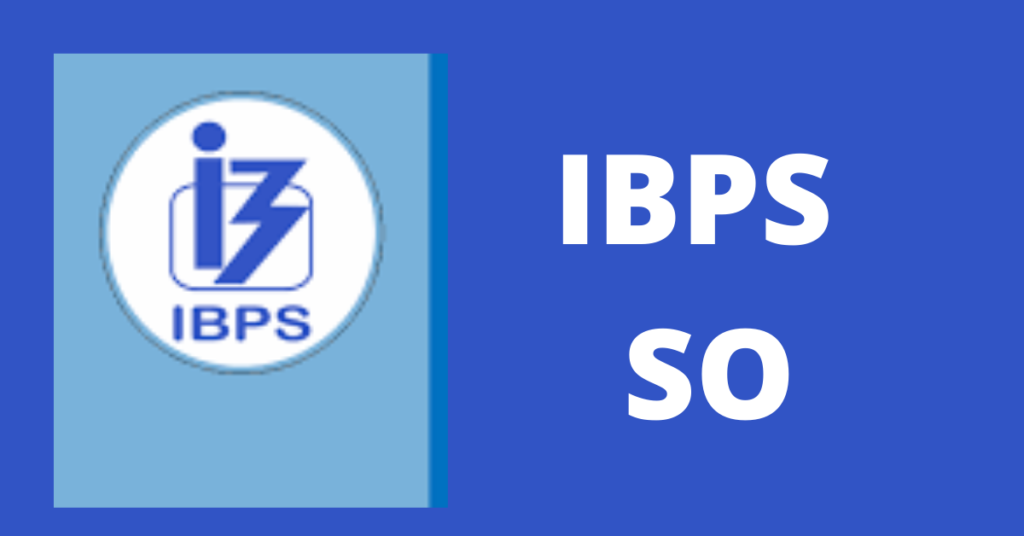
Eligibility Criteria: IBPS Exam SO
1. Nationality
- The candidate must fulfill any one of the following :
- Candidates must be a citizen of India
- Must be a citizen of Nepal or a subject of Bhutan.
- Candidates should be Tibetan refugees who came to India before January 1, 1962, for settling permanently in India.
- Candidates should be a person of Indian origin who has migrated from Burma, Pakistan, Ethiopia, Sri Lanka, Kenya, Myanmar, Uganda, Malawi, Tanzania, Vietnam, Zaire with the motive to settle permanently in India.
2. Age Limit
A candidate should be a minimum of 20 years and a maximum of 30 years to appear for the Civil Service Examination. The maximum age mentioned above is relaxable for the following candidates :
- Scheduled Caste/Scheduled Tribe (SC/ST): 5 years
- Other Backward Classes(OBC) : 3 Years
- Candidate applying under the category of Persons with Disability (PWD), Physically Handicapped(PH): 10 years
- Candidate from the state of Jammu & Kashmir: 5 years
- A person affected by the 1984 riots: 5 years
3. Reservation of the person with a disability
Reserved categories under “The Rights of Persons with Disabilities Act, 2016” is mentioned below:
- Blind and Low Vision
- Deaf and hard of hearing
- Autism, intellectual disability, and mental illness.
- Locomotor disability includes cerebral palsy, leprosy, dwarfism, acid attack.
4. Educational Qualification of IBPS Exam SO
| Officer | Qualification |
| IT Officer | 4 years Engineering Degree in Computer Science/Computer Application/Information Technology/ Electronics/Electronics & Telecommunication/ Electronics & Communication/ Electronics/ Electronics & Instrumentation |
| Post Graduate Degree in Electronics/Electronics & Telecommunication/ Electronics & Communication/ Electronics & Instrumentation/Computer Science/Information Technology/ Computer Application | |
| Graduate having passed DOEACC “B” Level | |
| Law Officer | Bachelor’s Degree in Law (LLB), enrolled as an advocate in Bar Council |
| Agricultural Field Officer | 4 year degree in Agriculture/Horticulture/Animal Husbandry/Veterinary Science/Dairy Science/Fishery Science/Pisciculture/Agri Marketing & Cooperation/ Agro-Forestry |
| Marketing Officer | Graduate and Full-time MBA (Marketing) OR |
| Full Time 2 years PGDBA/PGDBM with specialization in Marketing | |
| Rajbhasha Adhikari | Postgraduate degree in Hindi with English as a subject in graduation OR |
| Postgraduate degree in Sanskrit with English as a subject in graduation | |
| HR Officer | Graduate with Full-time Postgraduate degree OR |
| Full-time Post Graduate Diploma In Personnel Management/ Industrial Relations/HR/HRD/Social Work/Labour Law |
Career Graph: IBPS SO
The indicative hierarchy is given below (Top to Below) :
- General Manager
- Deputy General Manager
- Additional General Manager
- Chief Manager
- Senior Manager
- Manager
- Assistant Manager
Exam Pattern: IBPS Exam SO
IBPS SO selection process consist of three phases:
1. IBPS SO Prelims
It consists of three sections with a total of 125 marks
2. IBPS SO Mains
Candidates shortlisted in the preliminary exam are called for the mains exam. The main exam consists of objective type question with a total of 60 marks
3. IBPS SO Interview
Candidates who qualify for the main exam are called for an interview. The total marks for the interview are 100 marks.
IBPS EXAM PO/MT
Institute of Banking Personnel Selection (IBPS) is a recruiting body started with an aim to recruit young graduates in different public sector banks of India except for the State Bank of India (SBI).
IBPS exam are held in three phases like Online Preliminary, Online Mains, and Interview.
The shortlisted candidate in the Online Main exams will be called for Common Interview conducted by the participating organization and coordinated by Nodal Bank.
Highlights of IBPS Exam: PO/MT
| Event | Tentative Month |
| IBPS PO Notification | August |
| IBPS Preliminary Exam | October |
| IBPS Main Exam | November |
| IBPS Interview | January |
| IBPS Allotment | April |
| Official Website | https://www.ibps.in/ |
Following are the Participating Organisation/ Banks for IBPS PO/MT Exam:
- Allahabad Bank
- Andhra Bank
- Bank of Baroda
- Bank of India
- Bank of Maharashtra
- Canara Bank
- Central Bank of India
- Corporation Bank
- Dena Bank
- IDBI
- Indian Bank
- Indian Overseas Bank
- Oriental Bank of India
- Punjab National Bank
- Punjab & Sind Bank
- Syndicate Bank
- UCO Bank
- Union Bank of India
- United Bank of India
- Vijaya Bank
The Probationary Officer (PO) is the employee who is freshly recruited as an officer at the entry-level or junior level. They go through two years of training and on completion of the training they are posted as Assistant Manager.
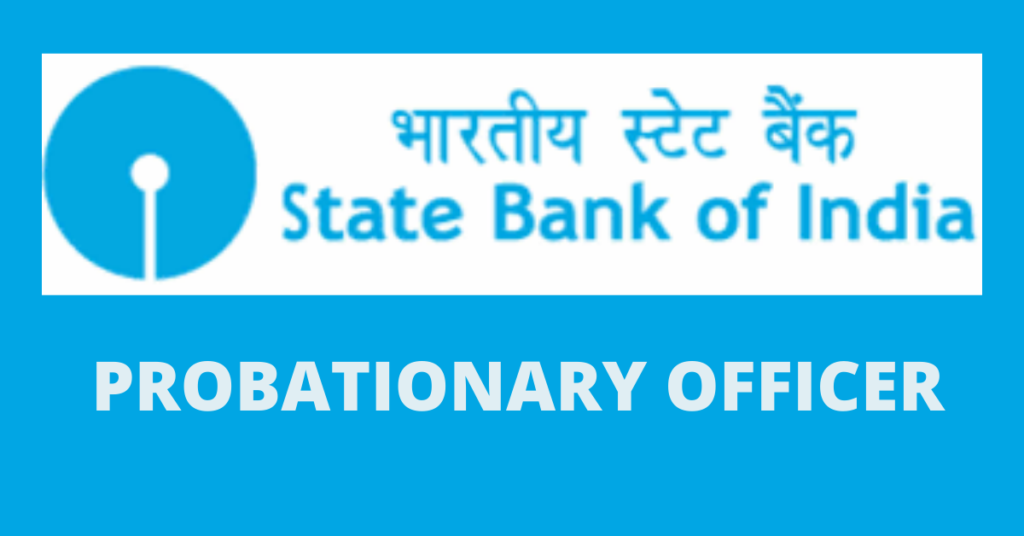
Eligibility Criteria: IBPS Exam PO
1. Nationality
The candidate must fulfill any one of the following :
Candidates must be a citizen of India
Must be a citizen of Nepal or a subject of Bhutan.
Candidates should be Tibetan refugees who came to India before January 1, 1962, for settling permanently in India.
Candidates should be a person of Indian origin who has migrated from Burma, Pakistan, Ethiopia, Sri Lanka, Kenya, Myanmar, Uganda, Malawi, Tanzania, Vietnam, Zaire with the motive to settle permanently in India.
2. Educational Qualification
Candidates must hold any Bachelor’s degree or its equivalent from any of the recognized universities.
Candidates who have appeared for the qualifying exam and are awaiting results are also eligible.
Candidates with professional and technical qualifications by recognized universities or their equivalent are also eligible to apply
3. Age Limit
A candidate should be a minimum of 20 years and a maximum of 30 years to appear for the Civil Service Examination. The maximum age mentioned above is relaxable for the following candidates :
- Scheduled Caste/Scheduled Tribe (SC/ST): 5 years
- Other Backward Classes(OBC) : 3 Years
- Defense Service Personnel : 3 years
- Ex-servicemen and ECOs/SSCOs who have served at least 5 years in Military Service as of 1st of August of the Notification Year: 5 years
IBPS Officer: Roles & Responsibility
- Responsible for Customer Service.
- Responsible for Promoting Business
- Responsible for Cash Flow.
- Responsible for Clearing payments
- Responsible for Verification of reports.
- Responsible for Official Communications.
Exam Pattern: IBPS Exam PO
IBPS examinations are held in three phases
- Phase 1: Preliminary
- Phase 2: Mains
- Phase 3: Interview.
The shortlisted candidate in the Online Main exams will be called for Common Interview conducted by the participating organization and coordinated by Nodal Bank.
IBPS EXAM RRB
IBPS RRB Common Written Exam (CWE) is a bank exam conducted by IBPS for the recruitment of officers and office assistants in the Regional Rural Bank across India.
Highlights of IBPS Exam RRB
This is an online exam conducted by IBPS in two-phase that is preliminary and mains. The recruitment is done for the below-mentioned post :
- IBPS RRB Officer Scale -I
- IBPS RRB Officer Scale-II
- IBPS RRB Officer Scale -III
- IBPS RRB Office Assistant
IBPS is a common written exam (CWE) conducted by IBPS for the filling the vacancies of Officer and Office Assistant in the different regional rural banks:
| Exam Name | IBPS Exam RRB |
| Organizing Body | Institute of Banking Personnel Selection(IBPS) |
| Frequency | Once a year |
| Exam Level | National |
| Exam Mode | Online |
| Selection Process | Preliminary & Main exam |
| Question Type | Objective |
| Official Website | www.ibps.in |
IBPS releases the notification in the month of June for the recruitment of the Officer and Office Assistant in the different regional rural banks:
| Event | Tentative Month |
| IBPS RRB Notification | June |
| IBPS RRB Preliminary Exam | August |
| IBPS RRB Main Exam | September |
| IBPS RRB Allotment | February |
| Official Website | www.ibps.in |
IBPS RRB Officer: Roles & Responsibility
- Handling receipt, withdrawal, and mails and delivery.
- Managing the functions of the bank
- Repayment of loans
- Assessment of credit profiles.
- Maintaining banks’ annual balance sheet and audit report.
- Imparting the farmers with the benefits of credit facilities.
Eligibility Criteria: IBPS Exam RRB
1. Nationality
The candidate must fulfill any one of the following :
- Candidates must be a citizen of India
- Must be a citizen of Nepal or a subject of Bhutan.
- Candidates should be Tibetan refugees who came to India before January 1, 1962, for settling permanently in India.
- Candidates should be a person of Indian origin who has migrated from Burma, Pakistan, Ethiopia, Sri Lanka, Kenya, Myanmar, Uganda, Malawi, Tanzania, Vietnam, Zaire with the motive to settle permanently in India.
2. Age Limit
| Post | Age Limit |
| IBPS RRB Officer Scale -I | 18-30 years |
| IBPS RRB Officer Scale-II | 21-32 years |
| IBPS RRB Officer Scale -III | 21-40 years |
| IBPS RRB Office Assistant | 18-28 years |
- Scheduled Caste/Scheduled Tribe (SC/ST): 5 years
- Other Backward Classes(OBC) : 3 Years
- Candidate applying under the category of Persons with Disability (PWD), Physically Handicapped(PH): 10 years
- Candidate from the state of Jammu & Kashmir: 5 years
- A person affected by the 1984 riots: 5 years
- Ex-servicemen officer including ECOs/SSCOs: 5 years
3. Educational Qualification of IBPS Exam RRB
| Post | Qualification |
| IBPS RRB Officer Scale -I | Graduate or its equivalent from a recognized University degree and must have proficiency in local language and computer knowledge. |
| Preference will be given to the candidate having degree in Agriculture/Horticulture/Animal Husbandry/Veterinary Science/Dairy Science/Fishery Science/Pisciculture/Agri Marketing & Cooperation/ Agro-Forestry/ Information Technology/Management/ Law/Economics and Accountancy | |
| IBPS RRB Officer Scale-II | Graduate or it’s equivalent from a recognized University degree with a minimum of 50% marks in aggregate. |
| Preference will be given to the candidate having a degree in Banking, Finance, Marketing, Agriculture, Horticulture, Animal Husbandry, Veterinary Science, Dairy Science, Fishery Science, Pisciculture, Agri Marketing & Cooperation, Agro-Forestry, Information Technology, Management, Law, Economics and Accountancy | |
| Two years of experience as an officer in a Bank or Financial Institution. | |
| IBPS RRB Officer Scale-II (Specialist Officer) | |
| Informational Technology Officer | Degree in Electronics/Communication/Computer Science/Information Technology or its equivalent with a minimum of 50% marks in aggregate.
Preferred one year of experience. A certificate in ASP, PHP, C++, Java, VC, OCP is desirable.
|
| Chartered Accountant | Certified Associate from Institute of Chartered Accountants of India.
One year of experience is needed. |
| Law Officer | Degree in Law or its equivalents from a recognized university with a minimum of 50% marks in aggregate.
Two years of experience as an advocate is needed. |
| Treasury Officer | Certified Associate from Institute of Chartered Accountants of India OR MBA in Finance from a recognized University
One-year experience needed
|
| Marketing Officer | MBA in Marketing from a recognized University
One-year experience needed |
| Agricultural Officer | Degree in Agriculture/Horticulture/Dairy/ Animal Husbandry Forest/ Veterinary Science/Agricultural Engineering/Pisciculture from a recognized University with 50% marks in aggregate.
Two years’ experience needed |
Note: The candidate applying for Officer and Office Assistant are required to have proficiency in the local language of the State / Union Territory in which the RRB is situated.
Career Graph of IBPS RRB
The indicative hierarchy is given below (Top to Below) :
- Chairman
- General Manager (GM)/ Regional Manager (RM)/CI
- Branch Manager
- Senior Manager
- Junior Manager
- Office Assistant/Clerk
Exam Pattern: IBPS Exam RRB
IBPS RRB selection process consists of two phases:
1. IBPS Exam RRB Common Written Exam (CWE)
2. IBPS Exam RRB Interview
Getting a good job is a dream, you need to plan it before that.
Career Planning plays an important role in shaping your career, so is the planning to choose the best suitable B-School for yourself. You need to focus on various aspects before jumping into a final decision.
Career path analysis helps you in getting the best road map. Get your career assessment test by appearing for the free student profiling process. https://eduxact.edumilestones.com/

Study_Abroad
Click the link below and get an exhaustive career report and book for a free counseling session. For Studying abroad in 15000+ across 20+ Countries visit the mentioned link.
Click: Start Study Abroad Profiling to get access to 15000+ Universities across 20+ Countries
Please share your valuable inputs regarding the article. Also, help me develop other information guides by giving your suggestions.
You can comment in the section below for sharing your thoughts.


